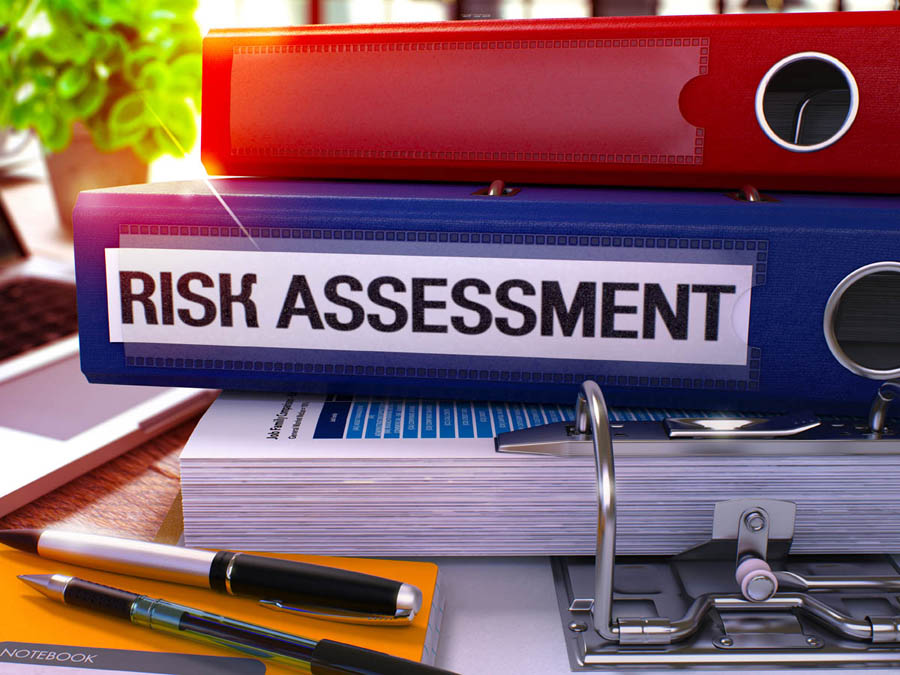Some of the rules and regulations that we have in the UK in the 21st century for employers can sometimes make you wonder if owning a business is all worthwhile!
OK, perhaps we are not that serious, but there is a whole raft of legislation that refers to employers that have absolutely nothing to do with the type of business that you run or where it happens to be based. It can also very easily cover things of which you have either very little knowledge or quite possibly no knowledge at all.
For instance, what do you know about servicing your car? Unless you are one of those people who are interested in cars, probably nothing at all. Not only that, even if you are interested in cars and how they work, you almost certainly do not have all of the high-tech equipment that is necessary today to service them anyway. So, either way, when your car needs servicing, you book it into the local dealer, drop it off, and then let them sort it out. Job done. Not that that has anything to do with a legal requirement, although you do have to ensure that your car is safe to be on the road.
Now here’s the fact: when you run a business as a sole trader, perhaps working from home on your own, you can do pretty much what you like. However, when you have the temerity to take on your first employee the whole world changes. Yes, you only need one employee, and you are suddenly facing all sorts of legislation that you probably know nothing whatsoever about. And there is really no reason why you should. After all, you are running a sandwich shop or whatever, for heaven’s sake. You are not a lawyer.
Unfortunately for you, we are now living well and truly in the 21st century and there is all sorts of legislation with which you must comply because if you don’t there can be some nasty repercussions. Just one of these is about fire safety in the workplace. As the government cheerfully mentions on the first page of its’ Rules:
Penalties and enforcement
You could be fined or go to prison if you do not follow fire safety regulations.
Local fire and rescue authorities inspect premises and can issue fire safety notices telling you about changes you need to make.
Thought that would cheer you up.
But that is how the world is today. And that is just about fire safety on your premises. There is all sort of other laws that apply to you as an employer (think HMRC just for openers!) that you almost certainly never considered when opening your first sandwich shop, otherwise, you might have thought twice.
When it comes to fire safety on your business premises, whether you know it or not, the law requires you to carry out a fire safety assessment, and if you have more than five employees, keep a written record of your assessment and any actions that you took as a result. All of which is no big deal if you are a trained fire safety assessor but is something else again if you run a sandwich shop.
According to the government rules, the following applies:
You’re responsible for fire safety in business or other non-domestic premises if you’re:
- an employer
- the owner
- the landlord
- an occupier
- anyone else with control of the premises, for example, a facilities manager, building manager, managing agent or risk assessor.
Yep. That’s what it says. You are known as the “Responsible Person” and as such you are required to do the following:
- carry out a fire risk assessment of the premises and review it regularly.
- tell the employee or their representatives about the risks you’ve identified.
- put in place, and maintain appropriate fire safety measures.
- plan for an emergency.
- provide employee information, fire safety instruction and training.
Luckily for you, there is a way around this because you are allowed to appoint someone else to carry out a fire risk assessment for you. This means that you can use our fire risk assessment services at UK-Fire Risk Assessments to keep compliant with the law.
We will undertake your fire risk assessment and provide you with the written report that you need, along with anything that you need to do in order to keep your premises safe from fire and you within the law.

